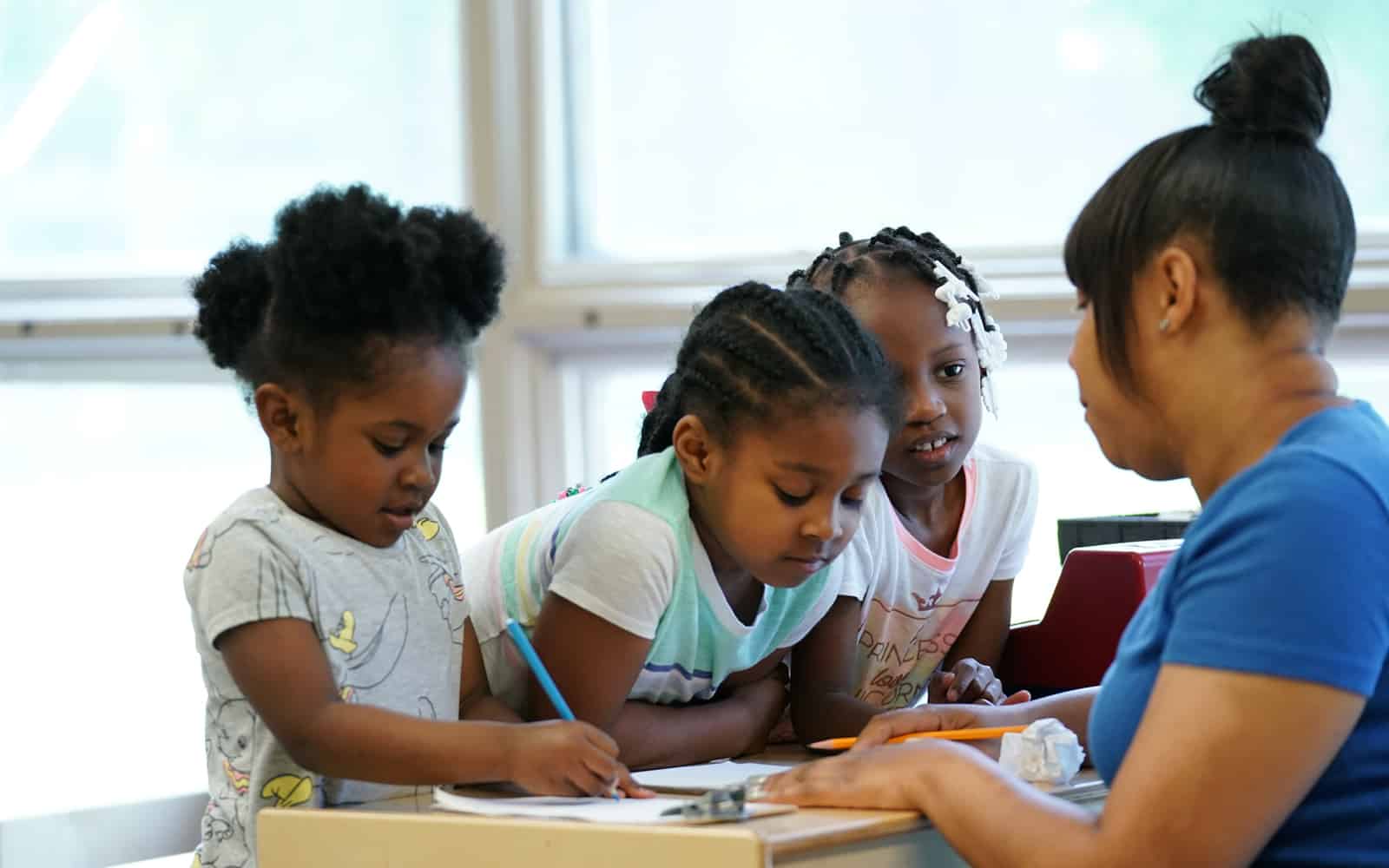As Educare Chicago’s research and evaluation partner, Start Early initiated a follow-up study in 2005 to track the progress of Educare children and families as the children move into elementary and middle school. This ongoing study is designed as a longitudinal, mixed methods investigation of 12 cohorts of over 300 former Educare Chicago students and their families. Our research team hopes to follow graduates’ achievements throughout their K-12 education and into adulthood.
The study’s findings help support our policy and advocacy work and drive program improvements at Educare Chicago, as well as within Educare, a nationwide network of 25 – soon to be 27 – birth-to-five schools across the U.S. Findings contribute to the growing body of evidence that early learning and care experiences lead to better outcomes in education, health, employment and social behavior.
The Educare Chicago Follow-Up Study continues to provide researchers, policymakers and practitioners valuable insights on how to improve the quality of early learning environments for all children, including those living in under-resourced communities.

